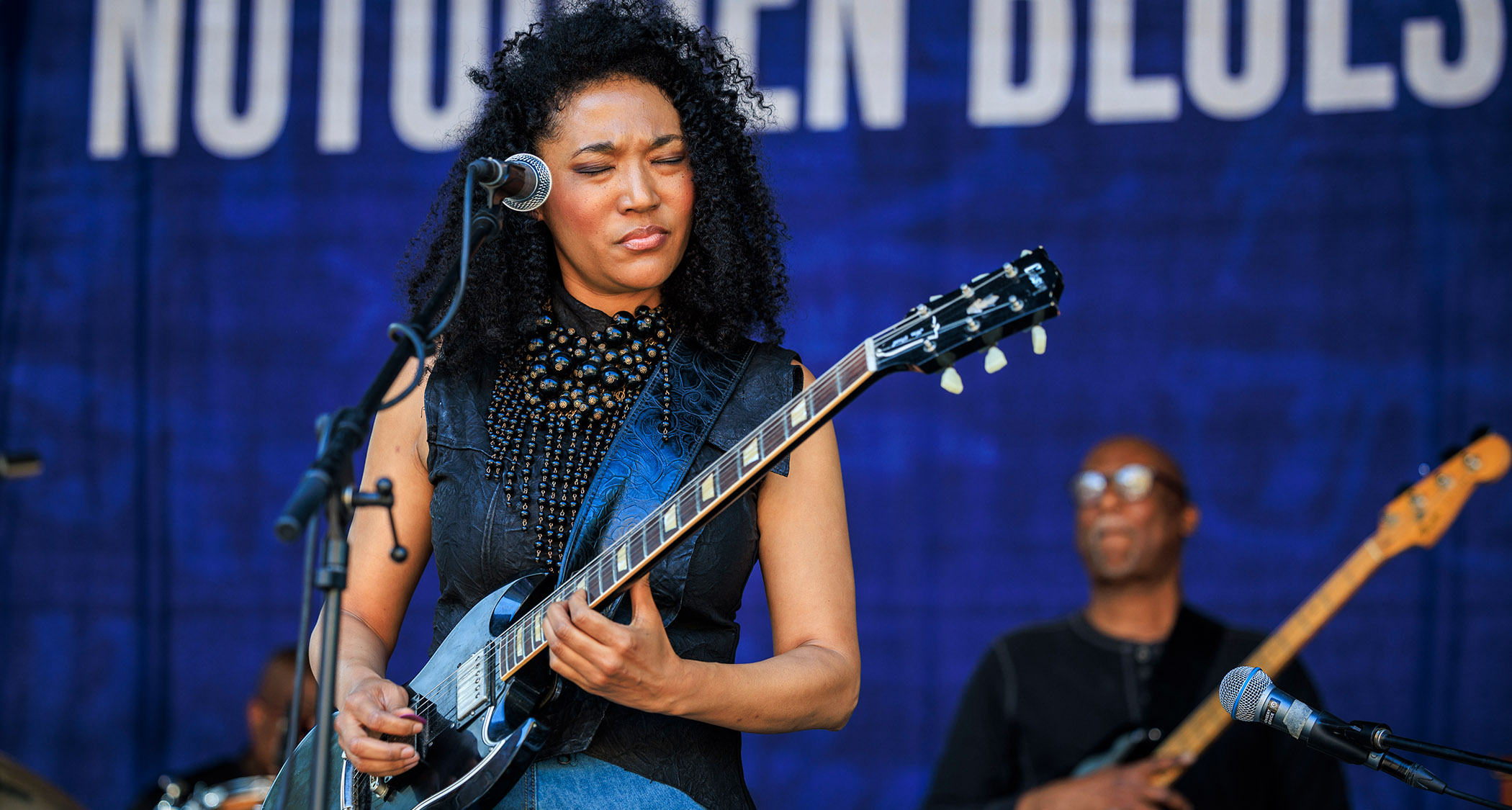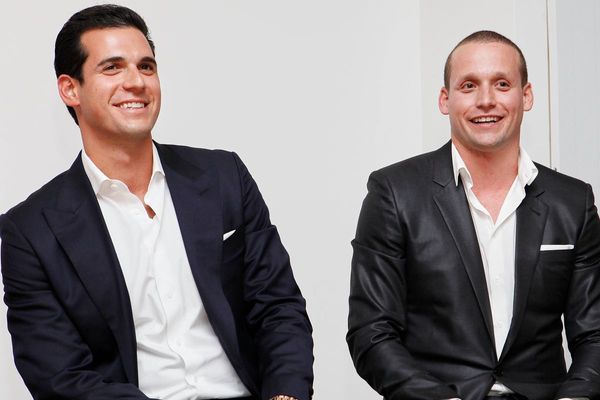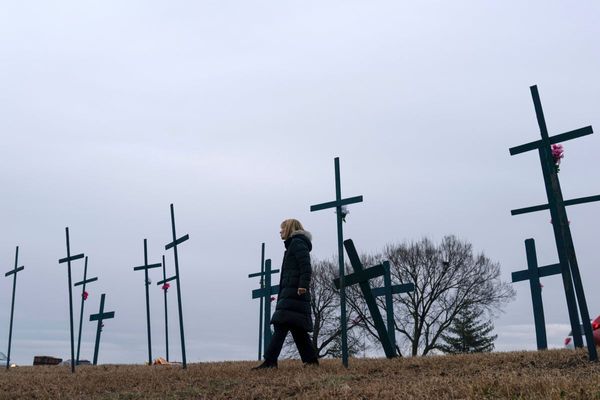
Judith Hill spent many years as a backing singer to Prince, Michael Jackson and Stevie Wonder before deciding to front her own band. Hill’s vocal chops were a given, but what came as a surprise was her guitar playing.
She uncannily mixes incisive, visceral, blues-drenched solos with economical, “Jimmy Nolen meets Nile Rodgers” funk-rhythm grooves. Hill’s new album, her fifth, Letters from a Black Widow, is a career-defining statement that serves as the perfect introduction to her unique talents.
You seem to have found a way to incorporate blues guitar into music that exists way beyond the boundaries of the genre. Was that a conscious effort?
“It comes out of me naturally. I was raised on so many different traditions of music that are very authentic to who I am – gospel, soul, blues, rock, funk and jazz. When I write, I really allow myself to express myself in its entirety. That’s why the final product comes out as such a mix of so many different things.”
What inspired you to take up the guitar?
“Starting out as a singer, I realized the guitar was the closest instrument to the human voice in terms of expression. It gave me an opportunity to extend the way in which I could express myself. It’s a really special thing to have that dialog between voice and guitar.
“As for particular guitarists, initially Jimi Hendrix and Stevie Ray Vaughan, and then Eric Gales and Derek Trucks would be key figures for me. I also really love funk rhythm guitar. I used to play a Strat, though these days I’m mostly using an SG, which I love for the warmth of its tone.”
As the front person now, I’d say I have a whole new appreciation for the people I worked with. It really put everything I remember about those years into perspective
Working with your parents – Robert Lee Hill on bass and Michiko Hill on keyboards – must make for some special musical ESP.
“Absolutely. There’s an unspoken connection we’ve had since I used to have jam sessions with my folks when I was a kid. I think it’s a really special thing, not just for myself but for others, to see this family unit on the stage. It presents a powerful message.”
You spent a long time working as a backing singer for some major names. Was that an eye-opening experience?
“I learned a lot in those years, especially working with Prince. He taught me about how the system works, and how to be courageous within that system, and also how to maintain your autonomy. School can’t teach the kind of things you learn when you’re working in that environment and see the realities of the business every day.”
Was it always in the game plan to make the transition to fronting your own band?
“It didn’t feel like a transition so much, as I was always writing songs while I was working with other artists. It’s exciting to try to build your own audience, though.
“As the front person now, I’d say I have a whole new appreciation for the people I worked with. It really put everything I remember about those years into perspective. You can really cut them some slack, looking back!”
- Letters From a Black Widow is out now via Regime Music Group.







